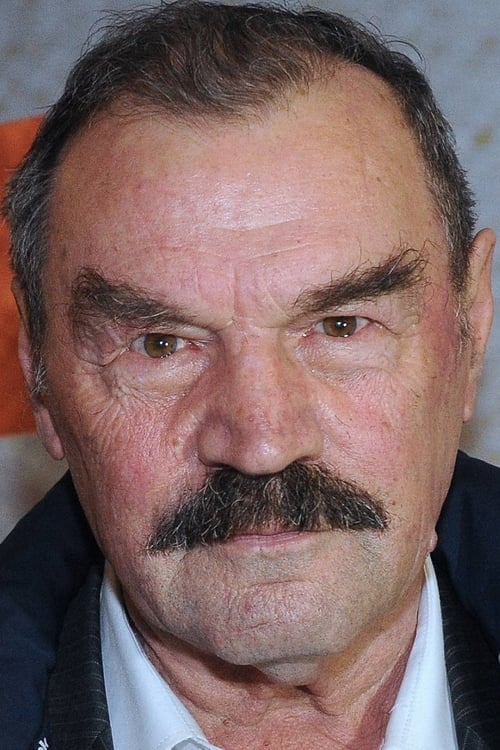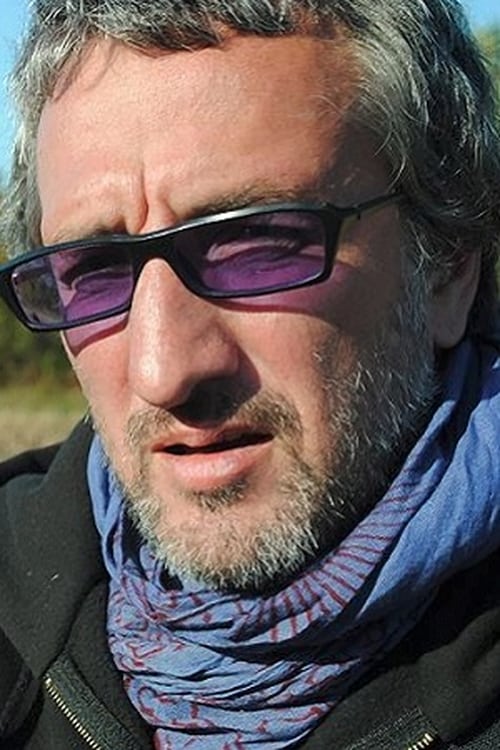Free Floating (2006)
ジャンル : ドラマ, コメディ, ロマンス
上映時間 : 1時間 41分
演出 : Boris Khlebnikov
シノプシス
"Free Floating" is a melodrama with elements of comedy about a young lad from an ordinary provincial town like many in Russia, with just one kindergarten, one school, one factory. As a result, one grows up here never facing the alternative as to what to choose, for everything is preordained. Leonid is an ordinary lad who, like his peers, goes to discos, dances with girls and picks fights with the local riff-raff later. Everything is going well for him, as his life is totally predictable. But one day the factory closes down and he becomes disoriented. For the first time ever, he is to make a choice on his own and think seriously about what he would like to do...

スティーヴン・チョボスキーによるベストセラー小説を、ローガン・ラーマン主演で映像化した青春映画。陽気でまばゆい兄妹と出会い、初めての友情と恋を知った高校生に降りかかる悲喜劇をセンチメンタルに描く。
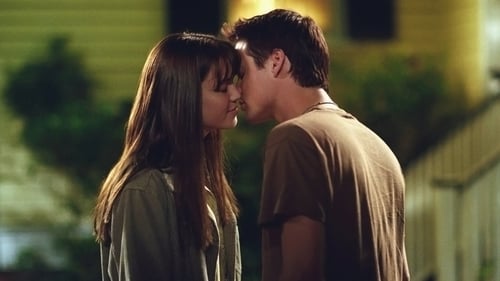
When the popular, restless Landon Carter is forced to participate in the school drama production he falls in love with Jamie Sullivan, the daughter of the town's minister. Jamie has a "to-do" list for her life and also a very big secret she must keep from Landon.
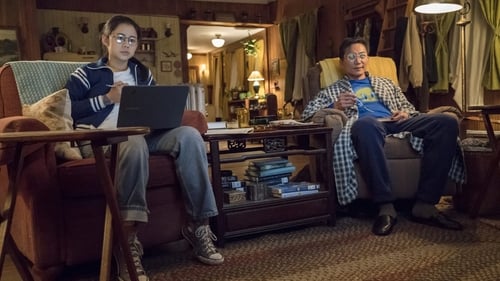
アメフト男子に頼まれて、ラブレターを代筆することになった成績優秀なエリー。お陰で彼との友情は芽生えたけれど、彼と同じ女の子が好きな心の内はかなり複雑...。
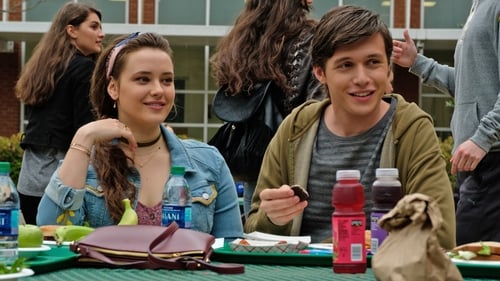
高校生のサイモン(ニック・ロビンソン)は、ゲイであることをカミングアウトするか迷っていた。ある日サイモンは、ブルーと名乗る匿名のゲイが学校にいることを知る。ブルーとメールで連絡を取り合うようになったサイモンだったが、そのメール履歴を見た同級生にサイモンの女友達との恋の橋渡しをしろと脅されてしまう。

今までの恋で味わっていた気持ちがよみがえったらどうなるだろう...それもいっぺんに! 男の子を好きになるたび、こっそりラブレターを書いていたララ・ジーン。けれど、出すつもりのなかった手紙がなぜか本人に届けられ、妄想の恋が大変なことに!
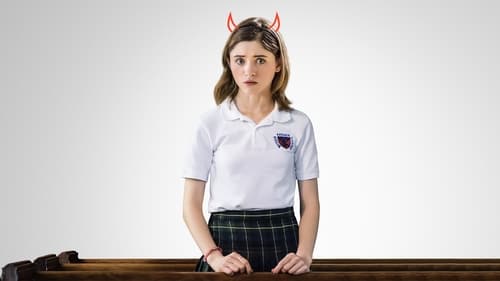
Alice, a young innocent Catholic girl, is tempted into masturbating after an AOL chat suddenly turns sexual, however is conflicted as the act would be considered a sin.
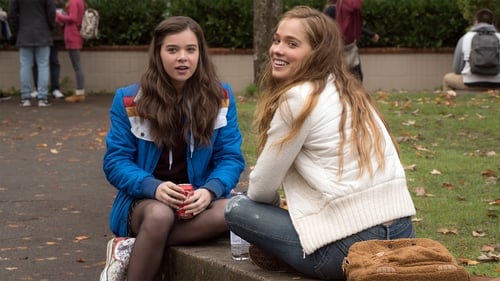
Two high school girls are best friends until one dates the other's older brother, who is totally his sister's nemesis.

Isolated on a remote property, 16-year-old Claudia finds her world transformed when a spirited girl named Grace wanders into her garden.
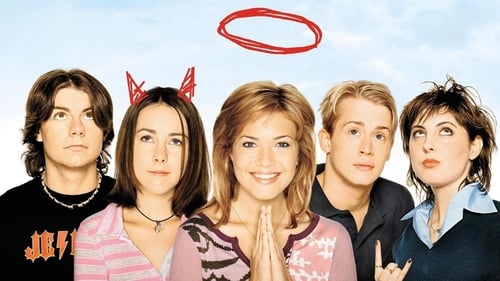
Mary is a good Christian girl who goes to a good Christian high school where she has good Christian friends and a perfect Christian boyfriend. Her life seems perfect, until the day that she finds out that her boyfriend may be gay — and that she’s pregnant.
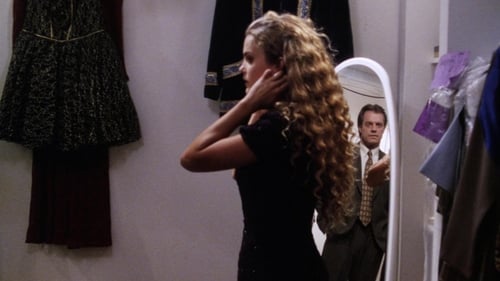
The mother of the family for which Michelle baby-sits dies unexpectedly. Michelle is asked to take over looking after the children and is gradually "seduced" by the father.
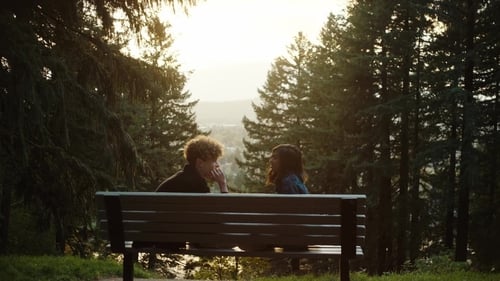
Two young neighbors embark on a first love relationship in which they struggle to remain kids amid the complexities of modern adolescence.
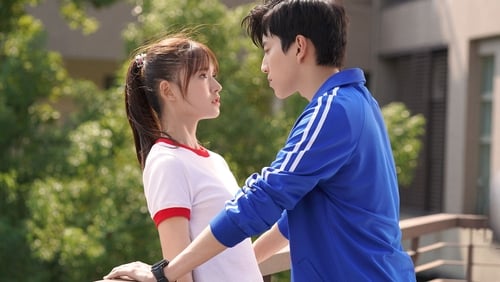
Yuan Xiangqin, a high school student, is deeply in love with Jiang Zhishu, her schoolmate. He rejects her, only for them to live together when the house that she resides in collapses.

筒井康隆の小説『時をかける少女』が原作であるが、原作の物語の映画化ではなく、原作の出来事から約20年後を舞台に次世代の登場人物が繰り広げる物語を描く続編である。
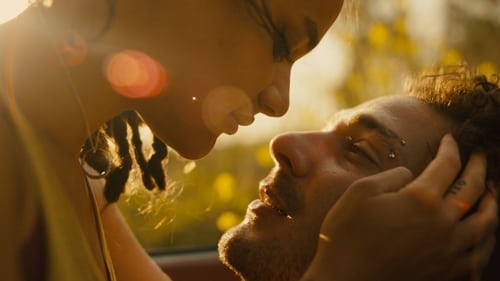
A teenage girl with nothing to lose joins a traveling magazine sales crew, and gets caught up in a whirlwind of hard partying, law bending and young love as she criss-crosses the Midwest with a band of misfits.

Raised in a poverty-stricken slum, a 16-year-old girl named Starr now attends a suburban prep school. After she witnesses a police officer shoot her unarmed best friend, she's torn between her two very different worlds as she tries to speak her truth.
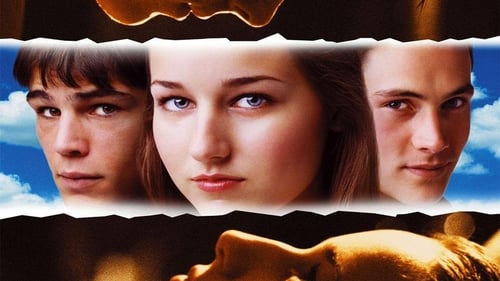
Three lives of three young people intersect over the course of one summer. A rich student and a young working-class man accidentally destroy a diner when their impromptu road race takes a disastrous turn. Ordered by a judge to spend the summer repairing the building, they find themselves becoming rivals for the affections of the owner's daughter.
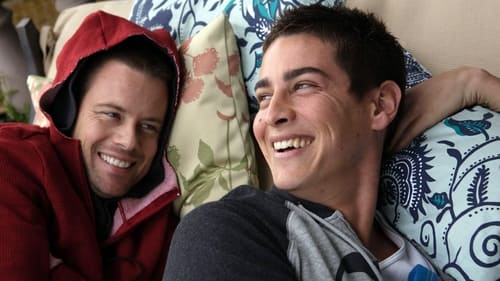
Forced to give up his dreams of art school, Zach works dead-end jobs to support his sister and her son. Questioning his life, he paints, surfs and hangs out with his best friend, Gabe. When Gabe's older brother returns home for the summer, Zach suddenly finds himself drawn into a relationship he didn't expect.
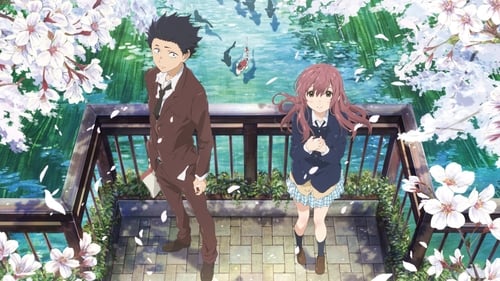
退屈すること”を何よりも嫌う少年、石田将也。ガキ大将だった小学生の彼は、転校生の少女、西宮硝子へ無邪気な好奇心を持つ。彼女が来たことを期に、少年は退屈から解放された日々を手に入れた。しかし、硝子とのある出来事がきっかけで将也は周囲から孤立してしまう。やがて五年の時を経て、別々の場所で高校生へと成長したふたり。“ある出来事”以来、固く心を閉ざしていた将也は硝子の元を訪れる。これはひとりの少年が、少女を、周りの人たちを、そして自分を受け入れようとする物語――。
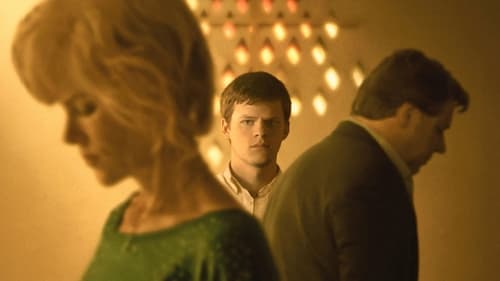
アメリカの田舎町。牧師の父と母のひとり息子ジャレッドは、あるきっかけから自分が同性愛者であることに気づく。戸惑った両親は矯正セラピーへの参加を勧めたが、それは驚くべきプログラム内容だった。自らを偽って生きることを強いる施設に疑問と憤りを感じ、ジャレッドは遂にある行動を起こす…。
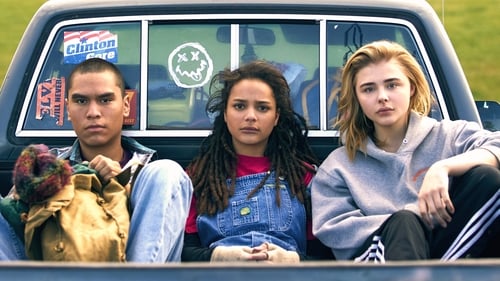
Pennsylvania, 1993. After getting caught with another girl, teenager Cameron Post is sent to a conversion therapy center run by the strict Dr. Lydia Marsh and her brother, Reverend Rick, whose treatment consists in repenting for feeling “same sex attraction.” Cameron befriends fellow sinners Jane and Adam, thus creating a new family to deal with the surrounding intolerance.

A lawyer defends a wealthy woman accused of murder. She claims it was self-defense. The lawyer is not sure.

The film is based on A. P. Chekhov’s play “Tatiana Repina” and short story “Difficult People”. At his wedding, the groom is horrified to see among the church crowd his former mistress who had recently committed suicide.

The beginning of the 20th century. The recklessness of fanatics is pushing humanity towards the abyss. A revolution begins in Russia. Crazy Dr. Farkus induces an orgasm of inanimate matter. White Moroccan dwarfs are becoming active. A second Sun appears in the sky. In this difficult environment, captains selflessly confront the forces of chaos, maintaining the cosmic balance of history.

When a father and son from the Uzbek steppe move to Moscow in search of the boy's missing mother they are condemned to the lot of the 'gastarbeiter'.

An evocative, impressionistic drama of love and loss.

Aidai the baksy, or witch doctor, lives in the mountains and helps people. She uses mysterious actions to cure the sick and to give infertile couples children. As capitalist forces begin to encroach on tradition, the first casualty is any culture's most fundamental inheritance - land. The healer has to leave her land because the mob thinks the location is suitable for a filling station. A harsh battle between supernatural good and earthly evil ensues.

A couple of post-Soviet slackers want to record a video message for their friends who have moved to the United States. Muratova’s view of different types of freedom and pleasure.

A sublime, exceptionally well acted film about a single working class mother and her teenage son. She finds a man and marries him, her son is jealous and full of hot air at first but comes to understand her in the end. That's all. The simplicity of the story notwithstanding, this is one of the most sincere and lyrical films to have been produced in the 1960s-1970s Soviet Union. Very realistic, too, showing the life as it was then. Lyusyena Ovchinnikova is superb, it is this film that makes one realize what a wonderful and under-appreciated actress she was. Nikolay Burlyayev is very good as a lanky teenager, the final scene with him carrying a glass of carbonated water for his mother is stunning. Oleg Efremov is very convincing as a working class man who found his happiness at last.

Valentin and Valentina love each other and want to marry. But their mothers are strongly against this marriage. So strong is their hate that they can use any possible means.

Debord’s eighteen-minute Critique of Separation directs its experimental attentions to “the documentary.” Debord draws from a catalogue of newsreel footage and book covers, rephotographed photographs, views of Paris and its neighborhoods, and a catalogue of disabused, seemingly offhand footage of him and his friends in the porous zone comprising the cafe and the street.
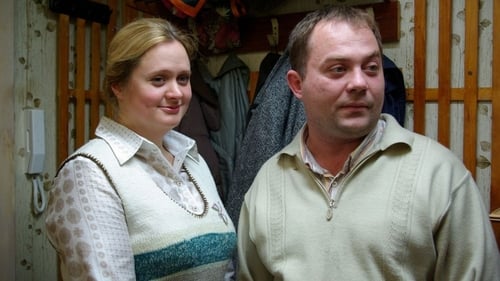
Kind and lazy Jenya comes to Moscow from small village in Belarus for earnings. Criminal incident unexpectedly separates Jenya from companions and leaves him alone without money and documents. He has no friends or relatives in this big and hostile city and he is about to end as a homeless bum.

Focuses on a boy as he discovers love and comes to face the morality of his family. The film speaks of this through a web of oblique details, attempting to capture the flesh of relations and, perhaps, the very tension of being...

A businessman goes home during the working day to change his trousers having spilled coffee on himself. When he arrives in the underground garage below his apartment block he finds a car on fire with a dead man inside. He also finds himself being filmed. He takes the video upstairs to his home and watches a man do ordinary things like shave etc before covering himself in petrol and setting himself and his car alight. Procter becomes a driven man as he tries to unearth what drove this person to kill himself in such an unusual manner. By Joachim Trier.

This melodrama revolves around the post-war meeting reunion an intelligent front-line officer, now happily married, and a woman street vendor. This encounter reawakens in them submerged feelings of gratitude and tenderness as the officer recalls how they met during the war and what she used to mean to him. Now he learns that she is alone with a small daughter, the girl's father having been killed at the front.

As with so many early films by Sokurov, this film has two dates: the first is the date of its creation (the film was then banned), the second is the date of the final edition and legal public screening. The film consists of German and Soviet archive footage of the World War II — to be exact, from the end of the war. An attempt to make a large–scale documentary on this subject had been undertaken in the Soviet cinema of the 1960s: the film — “Ordinary Fascism” — by the outstanding Soviet film–maker Mikhail Romm had become a classic retrospective investigation of fascism. But Sokurov uses the expressive power of the documentary image in an absolutely different way. He does not amass materials for a large–scale picture of Nazi crimes.

Manivald is a fox in his early 30s. He is still living at home with his mother. One day a young hot wolf called Toomas comes to fix the washing machine. A love triangle develops between the three of them. Things get out of hand and Manivald realizes that it is time to move out.

A man goes to see his former schoolmate working at a boiler house and persuades him to burn in the furnace the corpse of his communal flat neighbor whom he has just murdered after a quarrel. An orphaned girl gets a job in the archives of the maternity home to find out the identity of her mother who abandoned her years earlier. She finds her, befriends her and takes the first opportunity to throw her into the sea. An old intellectual tries to explain to the neighbor’s five-year-old daughter “all the abomination of her lumpen existence”. The girl feeling hurt for her mother decides to poison the old man with arsenic.

Drama film about different lifes of twin brothers.

In the early inscriptions, this film is presented as a “lyrical bounce from reality” but not “senseless extravagance.” The plot involves a trek official to the advice of “There will be a hole in the sky even if you go back”, the procession of two people with a wardrobe and a march of people defending the established rules (“Down with walking backwards”). The formal aspect in the movie is a lot of trick shots using a mirror, photographs and negatives.

1918 – Lev Kuleshov’s directorial debut. This work is extremely important not only for Russian cinema; it became a landmark in the history of the world’s cinematograph. For the first time a specific method of montage had been used in this film, which came to be known later as “Soviet montage”. Despite the fact that Kuleshov’s films had preceded many discoveries of Vertov and Eisenstein, his works are little known outside Russia. Among his students were Vsevolod Pudovkin and Boris Barnet. In the introduction to Kuleshov’s book The Art of Cinema (1928), his former students wrote: “It was on his shoulders that we crossed into the open sea. We make films – Kuleshov made cinematography…”



